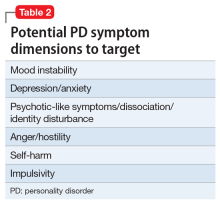1. Diagnostic and statistical manual of mental disorders, 5th ed. American Psychiatric Association; 2013.https://www.nice.org.uk/guidance/cg78 https://www.nice.org.uk/guidance/cg77


